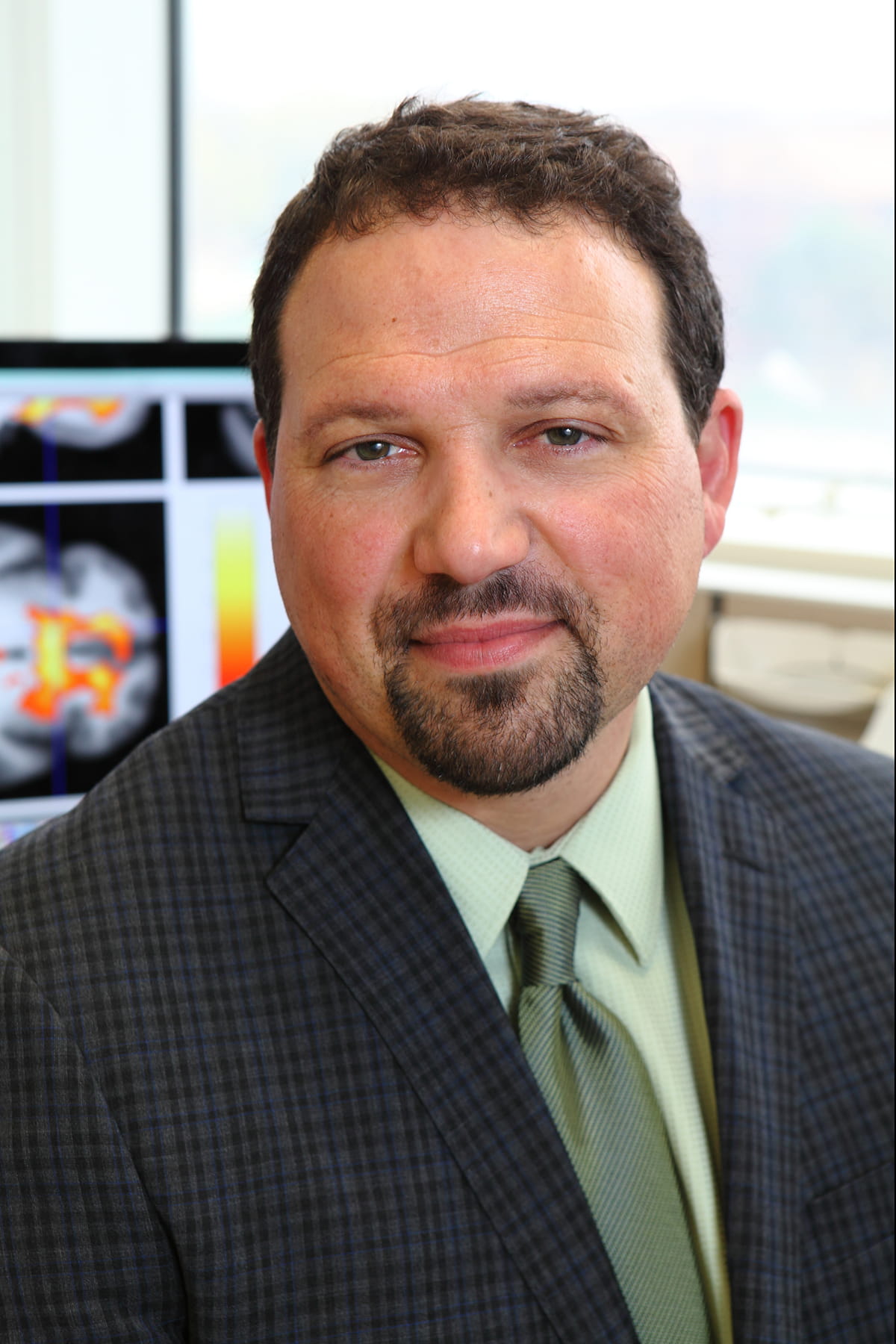Study findings are published online in the journal Biological Psychiatry Global Open Science.
 "We know adolescent development is pivotal. Their brains are maturing, and habits are forming. Interventions like RF-CBT can be game-changers, steering them towards a mentally healthy adulthood. We were particularly excited that the treatment seemed developmentally appropriate and was acceptable and accessible via telehealth during the early pandemic," said corresponding author Scott Langenecker, PhD, vice chair of research in the Department of Psychiatry and Behavioral Health at Ohio State, who started this project while at the University of Utah.
"We know adolescent development is pivotal. Their brains are maturing, and habits are forming. Interventions like RF-CBT can be game-changers, steering them towards a mentally healthy adulthood. We were particularly excited that the treatment seemed developmentally appropriate and was acceptable and accessible via telehealth during the early pandemic," said corresponding author Scott Langenecker, PhD, vice chair of research in the Department of Psychiatry and Behavioral Health at Ohio State, who started this project while at the University of Utah. "We wanted to see if we could adapt it for a younger population to prevent the ongoing burden of depressive relapse," said Rachel Jacobs, PhD, adjunct assistant professor of psychiatry and behavioral sciences at Northwestern University who conducted the pilot study in 2016.
In the just published trial, 76 teenagers, ages 14-17, with a history of depression were randomly assigned to 10-14 sessions of RF-CBT, while controls were allowed and encouraged to receive any standard treatment. Teens reported ruminating significantly less if they received RF-CBT. Even more intriguing, fMRI illustrated shifts in brain connectivity, marking a change at the neural level.
"For the first time, this paper shows that the version of rumination-focused CBT we have developed at the University of Exeter leads to changes in connectivity in brain regions in adolescents with a history of depression relative to treatment as usual. This is exciting, as it suggests the CBT either helps patients to gain more effortless control over rumination or makes it less habitual. We urgently need new ways to reduce rumination in this group in order to improve the mental health of our young people," Watkins said.
"Our paper suggests a science-backed method to break the rumination cycle and reinforces the idea that it's never too late or too early to foster healthier mental habits. Our research team thanks the youths and families who participated in this study for their commitment and dedication to reducing the burden of depression through science and treatment, particularly during the challenges of a global pandemic," Langenecker said.






